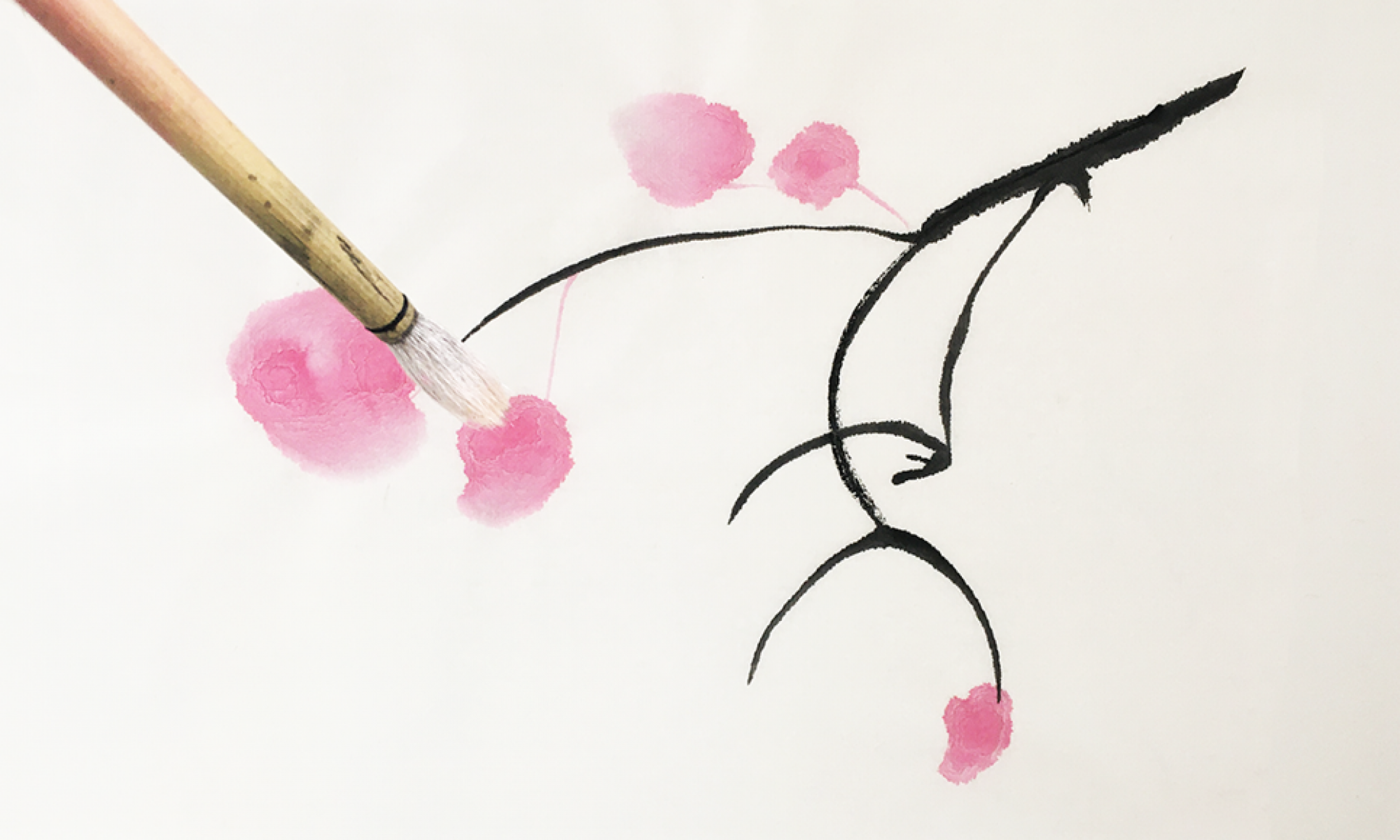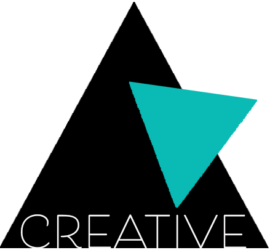Stress is an unfortunate by-product of startup life – both for founders and teams. Picture a small team trying to match a new product to an (often unstated) customer need. Coupled with lack of funding, lack of feedback data, competition, speed of technological change and normal life demands over long periods of time – there is a need to ensure life balances out the stress, choosing the right exercise is an interesting topic.
In an earlier post about mindful stretching, Ashtanga Yoga, Yin Yoga and Tai Chi, I offered a few clues about body chemistry, specifically stress hormones. I also previously I wrote about the parasympathetic nervous system (PNS) benefits of smiling.
SNS–>PNS
As a recap: The parasympathetic nervous system (PNS), is responsible for the body’s rest and relaxation response. This is in contrast to the SNS sympathetic nervous system, which is activated during high-stress situations. See also Vagus nerve or vagal response.
Prolonged chronic stress, such running startups can mean that you are SNS dominant and that’s not great, cortisol imbalances and prolonged stress may lead to adrenal exhaustion. I’ve met founders in this state and know it well myself.
Transitioning from SNS (sympathetic nervous system) to PNS is super valuable for startup people and picking the right exercise depends on your:
- Age (because of the next point 👇)
- Jing (a Daoist concept of life force – perhaps a combo of:
- genetic composition and
- epigenetic factors:
- how well you eat and sleep vs how hard you’ve lived
- SNS Dominant vs PNS Dominant (long term detectable via lab analysis of hair samples, momentary blood or saliva cortisol analysis is not reliable)
- Existing stress state, immunity etc
Hard Arses
Because startup people are “alpha” types they often also workout HARD! (think Tom Gleeson). While regular exercise is FTW, high-intensity workouts create stress because the body will release more cortisol, a stress hormone that:
- can push a person further into SNS
- When cortisol is chronic in its presence and elevation, this may lead to adrenal fatigue
So intense exercise may be a very poor choice for an individual experiencing adrenal exhaustion or cortisol imbalances.
Choice for Age and Jing
Younger people generally have more Jing and therefore intense exercise is a reality, but hopefully can attitudinally adjust to also be self nurturing and “Jing preserving” (a large and controversial topic!).
The reality is that successful startup people stay in startups and don’t grovel back to corporate. So Aging becomes a factor sooner or later.
PNS Promoting Exercise
To break the cycle of stress hormones circulating, your exercise should induce recovery as a priority, here are some:
“Sung” exercise
Sung exercise was suggested in this post as “loosening” and PNS promoting. By bringing mindfullness, breathing I find that I can break the cycle of “go” energy with the added benefit of more connectedness into where the body is tight, actively feeling the letting go and the cognitive benefits of actually increasing awareness of your internal state.
Yin Yoga
According to the hard arse principle above, I’ve only recently been experimenting with this. I don’t enjoy Yin yoga, in class I’m ruminating: “is this actually doing anything?”, “am I wasting an hour”. Yet I do feel better (a lifted more optimistic state) afterwards.
Passive Exercise
Passive exercise, such as sensory deprivation or sauna sessions promote relaxation and reduce cortisol levels, which is particularly beneficial for those with adrenal issues.
When the body is exposed to a mild stressor, such as thermal stress (such as sitting in a sauna) or cold stress (such as cold showers or dips in cold water) this kind of passive exercise helps trigger hormetic stress – I don’t know if this is PNS or SNS promoting** but you can breath into the stress when it builds – this promotes cellular health and improves the body’s ability to adapt to stressors over time.
Evening gentle stretch
Typically in the last hour before sleep I do some simple stretches while the TV is on – mostly yogic floor and a few lengthening stretches from 8 Brocades. Gentle, exploratory movement can be particularly beneficial for individuals experiencing stress, adrenal exhaustion or other adrenal-related issues.
Other Life balancing activities
Walking, swimming especially in nature will yield rewards.
Alcohol Reduction
I read/heard recently that alcohol actually reduces your ability to reduce stress naturally. I can’t be bothered looking for that reference now, but any alcohol reduction sounds (I didn’t say elimination 😀) is a positive.
Conclusion
In conclusion, these practices are things I use to support adrenal health and promote recovery and re-balancing. By promoting the parasympathetic response, reducing cortisol levels, and triggering hormetic stress, these practices and exercises can help reduce stress, promote healing, and support long-term health and wellbeing.
** area for further research
References
I asked GPT for some science to backup my wild empirical assertions.
- Huberman, A. (2021). Episode 34: Andrew Huberman on the Neurobiology of Stress, Relaxation, and Sleep. The Rich Roll Podcast. Retrieved from https://www.richroll.com/podcast/andrew-huberman-533/
- Alkadhi, K. A., & Zelber-Sagi, S. (2021). Sauna bathing for health: An underexplored opportunity. Journal of clinical gastroenterology, 55(6), 455-462. doi: 10.1097/MCG.0000000000001532
- Choi, J. H., Park, M. K., & Lee, H. J. (2019). Effects of sensory deprivation in a floatation tank on mood states, cortisol level, and muscle soreness in elite athletes. Journal of sports science & medicine, 18(3), 490-497.
- Farias, D. L., Rechia Fighera, T. M., Kruel, L. F., & Cadore, E. L. (2021). Hormesis and physical exercise: A narrative review. Ageing research reviews, 66, 101259. doi: 10.1016/j.arr.2021.101259
- McEwen, B. S. (2015). Neurobiological and systemic effects of chronic stress. Chronic stress, 1, 1-11. doi: 10.1177/2470547015577616
- Zhang, J. W., & Piff, P. K. (2019). An integrative review of the physiological and psychological effects of floating restricted environmental stimulation technique. Frontiers in psychology, 10, 404. doi: 10.3389/fpsyg.2019.00404



